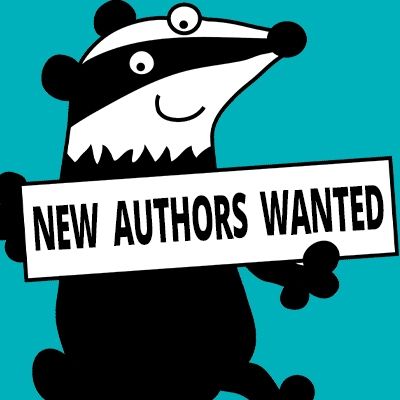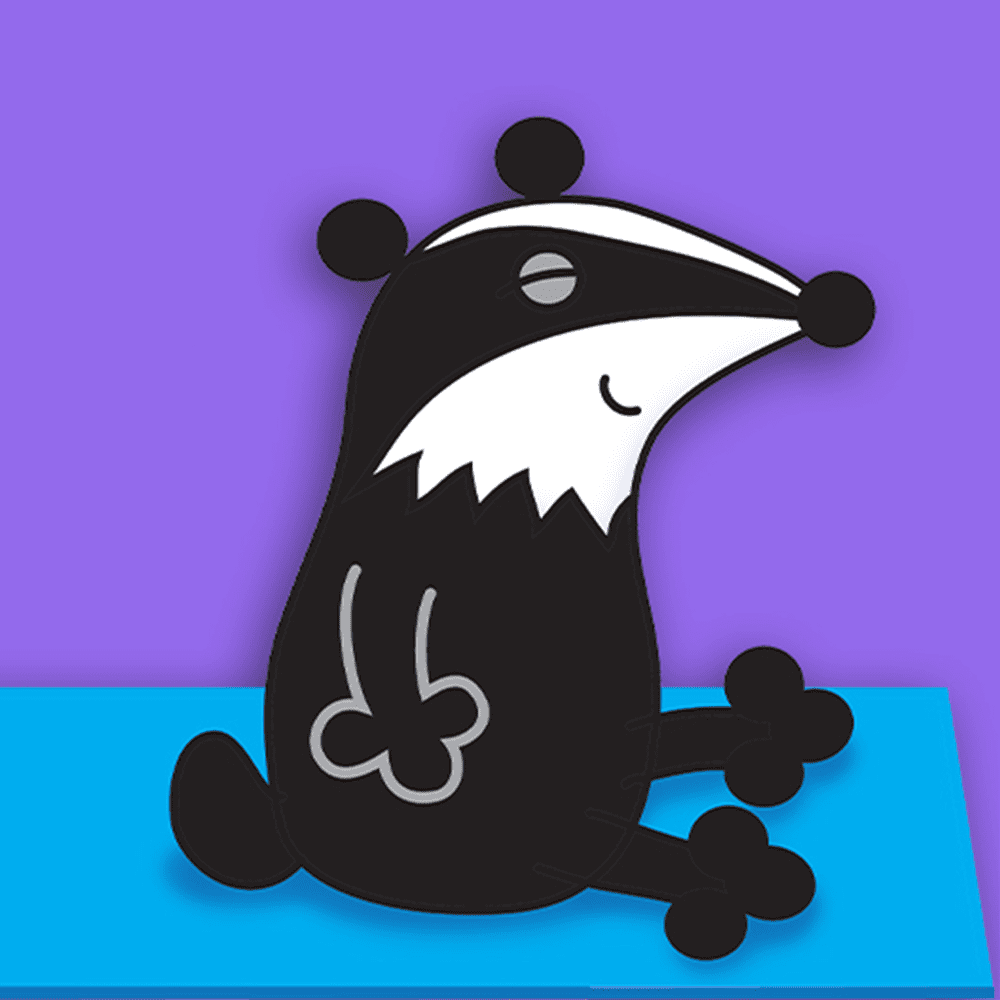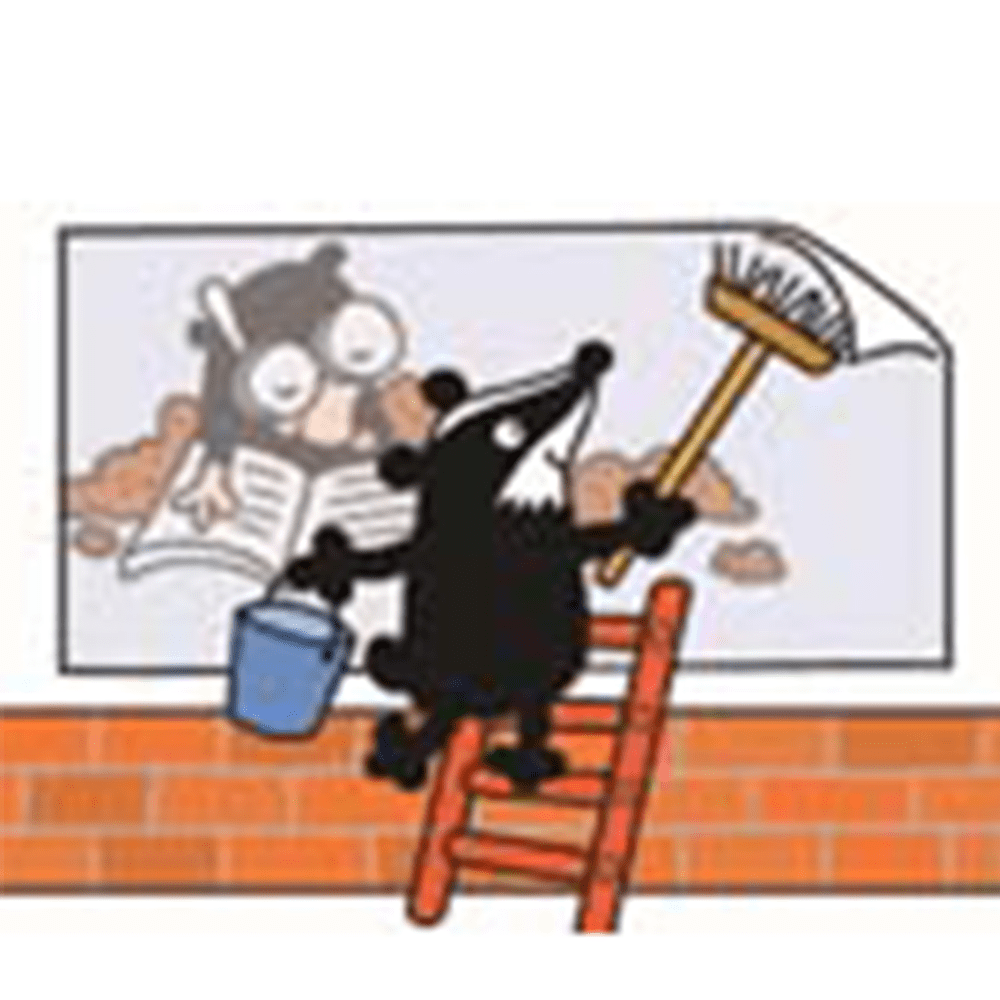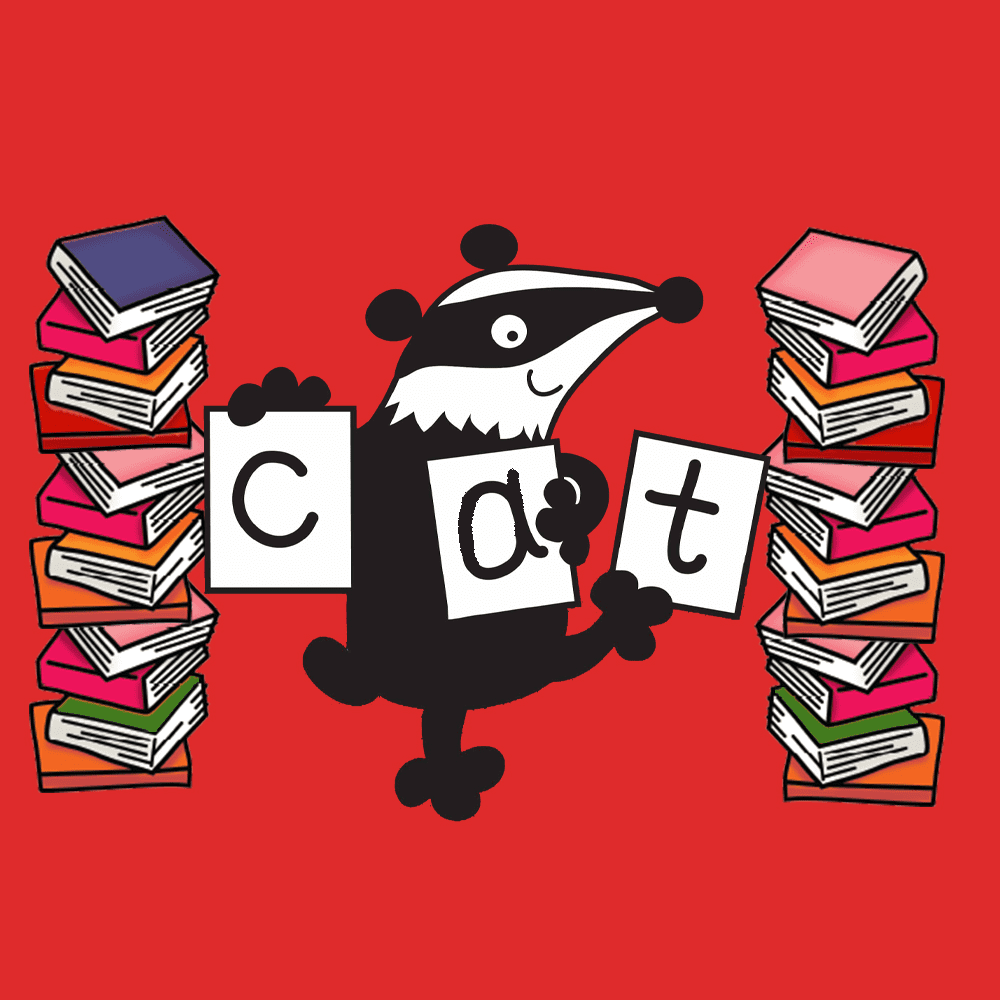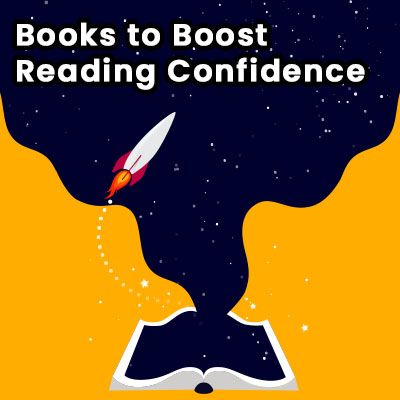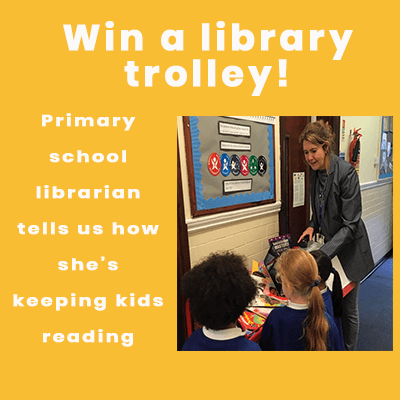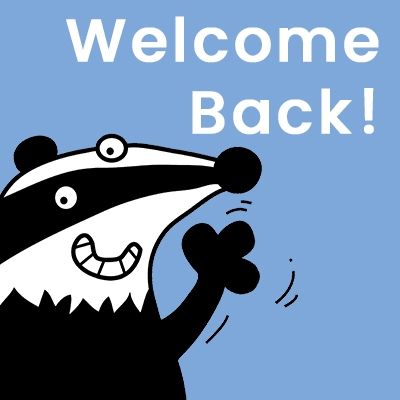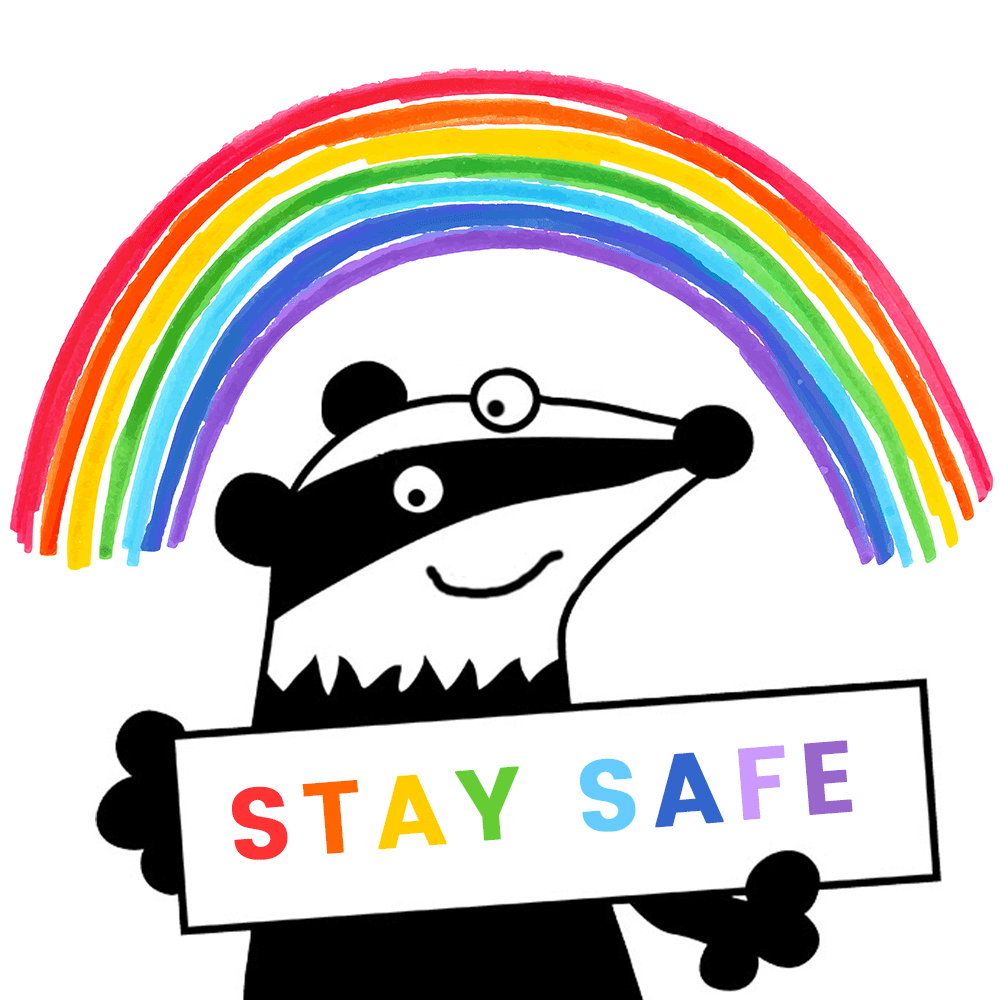Blog
-
Would you like to write a story for our next series? We are currently open to submissions for our upcoming series WOW! Fiction. Titles in this new series will be thematically matched to titles in our best-selling non-fiction series WOW! Facts.
These will be low-level books for reluctant and struggling readers, with a reading age of 6–6.5 years (book bands turquoise, purple, gold), an interest age of 7–14 years and a word count between 800–1400. All books will be edited and levelled by a literacy consultant, so even if you don’t have experience in writing for a specific reading age you can still submit!
No previous book deal is necessary but an engaging voice, relatable content and an excellent standard of written English is essential. Knowledge of children's literature is also key as you need to know good stories to write good stories!
If you are interested in writing any of these titles, we are inviting authors
-
Posted on: Mar 11, 2022
Mental health and wellbeing go hand-in-hand and are not only central to promoting effective learning and future successful, independent living, they are ESSENTIAL for helping children and young people develop and thrive.
Focusing on improving a child’s mental health and wellbeing will help them to cope with key life events such as stress, trauma and physical ill-health. Not only are children with better mental wellbeing more likely to be engaged in lessons, better behaved and make more progress but they are also more likely to deal better with stressful events and recover more quickly from illness.
-
Posted on: Feb 14, 2022
Posters can brighten up any library space as they capture the attention and enable discussion, which in turn encourages students to visit. When used as part of a wider library or classroom display, posters have the power not only to promote specific books but to introduce students to new subjects and concepts, encouraging them to think deeply, investigate widely and broaden their horizons.
Posters are perfect for all your students but especially reluctant and struggling readers. They are visually engaging with clear and concise information so the material can be absorbed quickly, even at a glance. Whether it be a quote, a scientific principle or a profile of a popstar, posters can motivate and focus students in a way that other learning aids may not.
When 65% of people worldwide find visual learning more effective it is crucial to use images and graphics to impart information within schools. Posters are one of the best (and easiest) ways to effectively achieve this in a
-
This year, the Department for Education has brought in some changes that will impact the teaching of phonics in many schools, as well as the phonic books and resources that will be needed to support it. Our reading scheme specialists have put together some FAQs to help schools ensure their teaching programme is up-to-date with current Ofsted guidance and has the right reading books and resources in place.
Context
The 2007 Letters and Sounds Framework set out to provide schools with a basis for teaching systematic synthetic phonics (SSP). Although this has never been statutory, over 50% of schools use this as the basis of their phonics teaching and it was included on the list of approved phonics programmes on gov.uk. However, it is not, and has never been a full programme setting out in detail how phonics will be taught on a week-by-week basis. It relied upon schools building their own programme of resources around the handbook and in many cases updating the progression
-
Posted on: Jun 09, 2021
A study conducted by Renaissance Learning in 2020 showed that 63% of teachers expected that lockdown — and all the limitations that come with it — would increase the existing attainment gap for disadvantaged students. Perhaps more alarmingly, over a third of teachers indicated that they did not feel their school was prepared to measure, and subsequently act on, those attainment differences upon returning to the classroom.
Filling gaps will no doubt be an ongoing priority for teachers as we navigate a post-lockdown landscape, with key areas of learning taking priority in the mission to catch up. Few areas are more key than literacy, and we know it is going to be a race against time to try and accelerate some students back up to the level of their peers, to reinforce the key skills that will enable them to access the rest of the curriculum. To that end, we wanted to highlight some of our best ‘reading for pleasure’ resources to provide as clear a path as possible — particularly at the al
-
As we enter a new year, we once again find ourselves taking on the role of home educators, many of us with only the experience of the previous lockdown to use as a reference point. We all want to do the best for our children. We want to look after their mental health while simultaneously providing the best possible education for them — all within in a climate for which we have never been trained. But we did it in the spring, and we can do it again. You’ll be feeling tired. Possibly daunted. We all are. But this blog is here to remind you of the tools that already exist within you and at your fingertips.
There are a huge number of digital resources out there, and once again, schools will be sharing links with families on what systems they are using to keep children learning their school subjects. While we can rely on the proficiency of our amazing teachers to signpost these resources and direct us in teaching opportunities, there is also a hugely important additional way we can sup
-
Posted on: Oct 13, 2020
With infection rates on the rise, we are all trying our best to keep each other safe but also ensure children still have access to books. We know reading is key to children’s success both academically and emotionally and primary schools are absolutely crucial in teaching literacy and encouraging reading for pleasure.
We spoke to one primary school librarian, Jane Hitchin, who works in West Kirby Primary School in Merseyside about the role she played in the school’s reading activities before COVID and what she is doing now to ensure children continue to have a chance to develop a passion for reading.
-
Posted on: Sep 24, 2020
Welcome Back
It’s fantastic to see children back in school after so long a break, and we know how hard staff have had to work to implement all the new (and changing) procedures to get to this stage.
Here at Badger Learning we have been working on updating our products to make sure we have what you need to ensure children are supported in their reading journey and with their wellbeing. We know that the pandemic has put a huge strain on some children’s mental health and wellbeing and as much as we hope that will all be eased now they are back at school, some will need additional resources. Primary teachers may want to take a look at our PSHE Through Stories Collection. For secondary schools, our Minding Your Mental Health and Supporting Your
-
Posted on: Apr 08, 2020
As parents, we know reading is better for children than watching TV or playing online games, but are we all aware how much better and why schools place such an emphasis on getting kids reading?
With schools closed and normal life suspended for everyone we are all scrabbling around trying to think how best to support our children. Parents are taking on a new role as home educators, even though most of us have very limited experience in this and children and young people may additionally be scared, worried and frustrated.
There are a huge number of digital resources out there, and schools will be sharing links with families on what systems they are using to keep children learning their school subjects. However, there is also a hugely important additional way you can support children academically and emotionally and that is to encourage them to read.
Children who read for pleasure do better in school and in life than children who don’t. There are a number of academic s
-
With the Covid-19 Pandemic impacting all aspects of our daily lives we would like to reassure our customers, suppliers, partners and employees, in the UK and around the world, that we are treating this with all seriousness; and we are monitoring the situation as it unfolds. We continue to align our response with guidance from Government and public health authorities and are taking business continuity measures to ensure that we are well prepared as the situation develops.
We are working to continue to serve our customers in these uncertain times – in sharing knowledge and suppling resources both for teachers who are planning for when children return to school, and for parents looking for books for home reading. We aim to ensure that schools and parents receive the same professionalism, care and service level that they have come to expect from us, whilst also looking after the health and wellbeing of our employees.
Badger Learning have been supporting teachers and inspiring c

